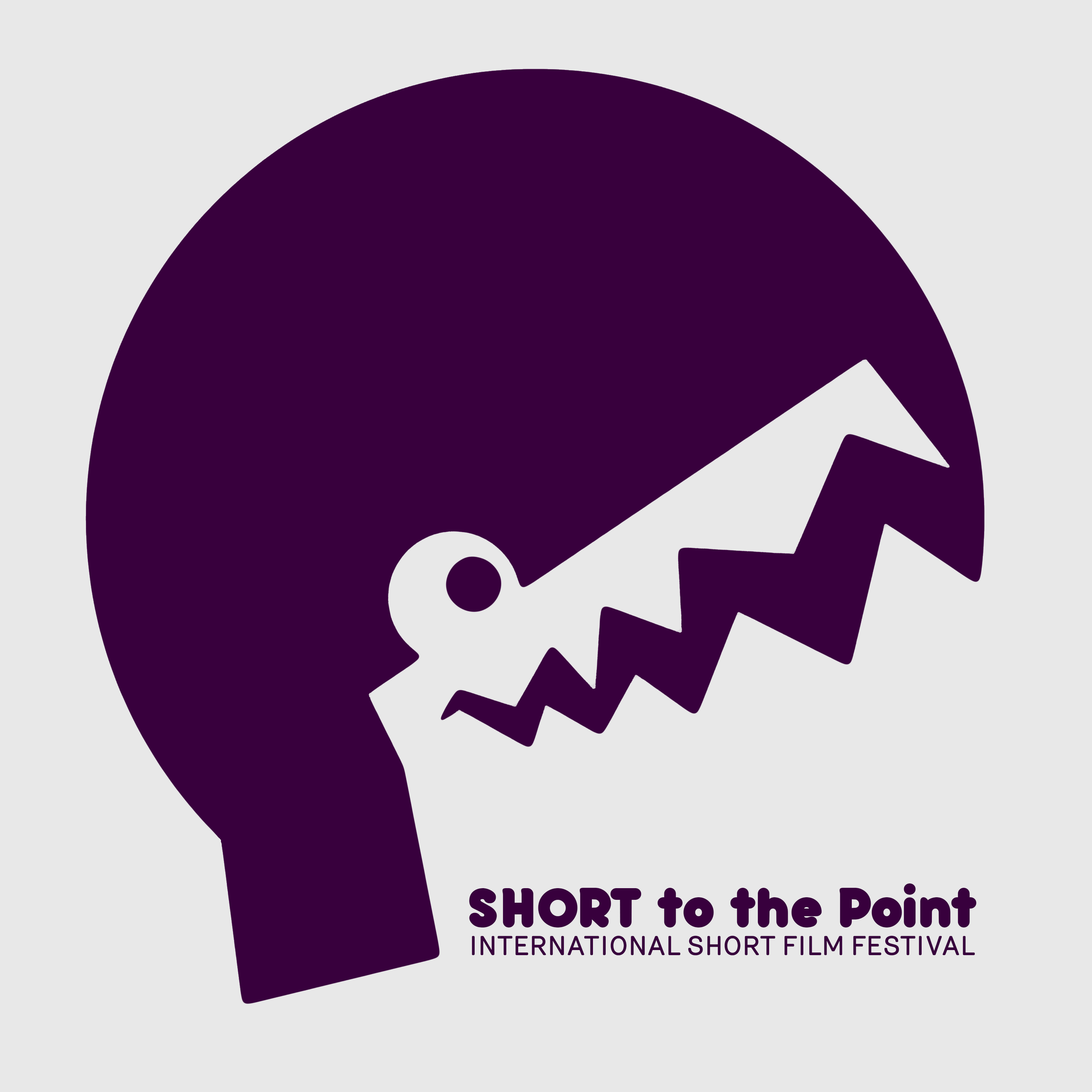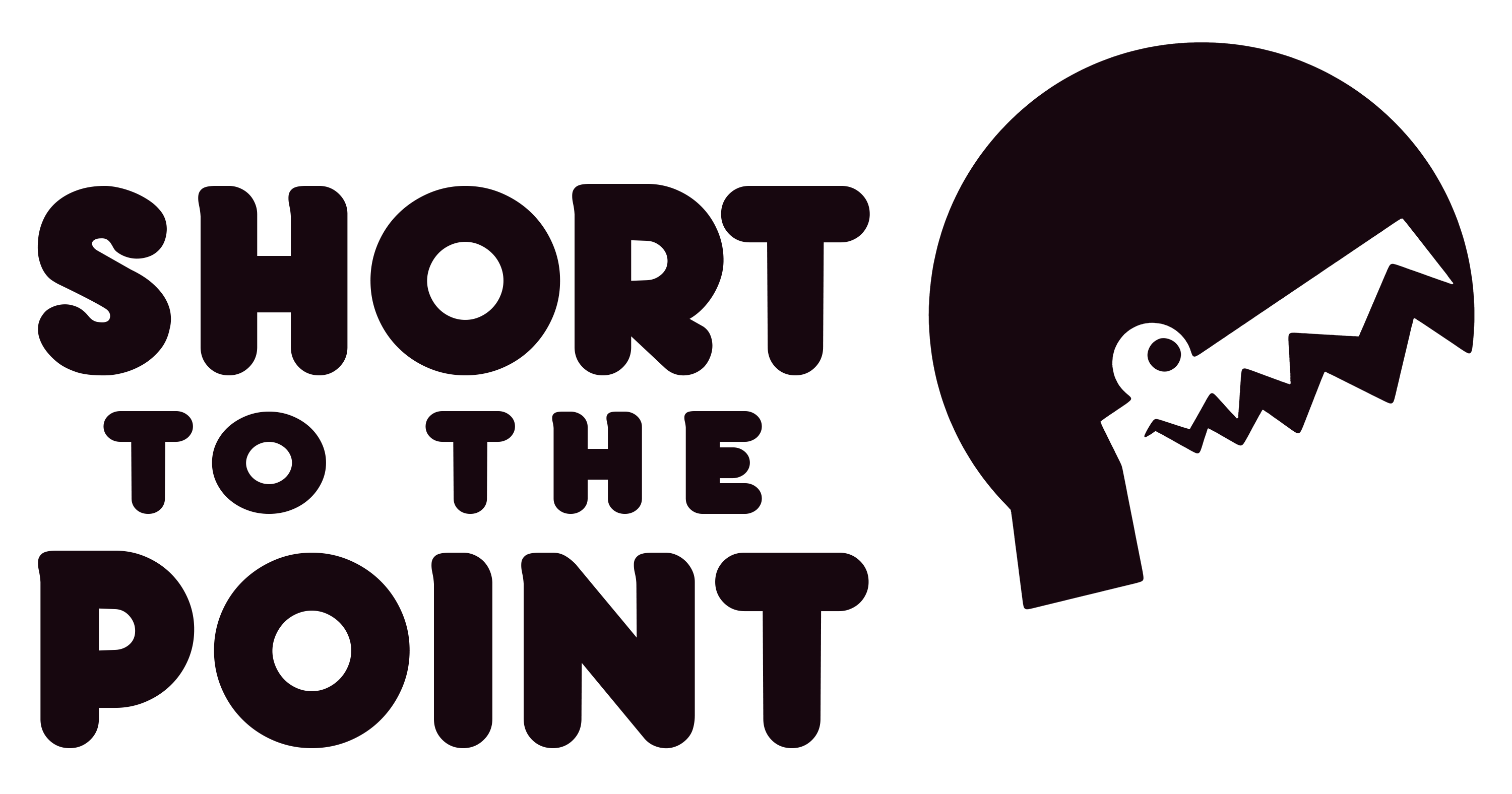- Was there a particular event or time that you recognized that filmmaking is your way of telling stories?
Ever since my dad rented a VHS-camera that we attached to our VCR in the late 80’s, I felt an overwhelming excitement about the possibilities of capturing moments. I nagged about renting that camera again, and again…
- Do you think it is essential to go to a film institute in order to become a successful filmmaker?
Not at all. As far as I know, the institutes are a great way of establishing connections and maybe to make it easier to make yourself heard in the business. You learn how to work in a team, and for me, that will become both an asset and a weakness. I feel that you should try out every facet of filmmaking: writing, filming, directing, editing, lighting. Soon enough, you will recognize your strength and ultimately find your role in a bigger context. It has never been easier as a one person crew to get a movie done than right now!
- Is it harder to get started or to keep going? What was the particular thing that you had to conquer to do either?
For me it is definitely harder to get started. Don’t have a good method of starting yet.
- What was the most important lesson you had to learn that has had a positive effect on your film? How did that lesson happen?
As I am slowly discovering the art of making mini documentaries and portraits of cities and people, I actually learned a very valuable lesson with this short film. When I am travelling, I usually ALWAYS carry my camera with me and film EVERYTHING I find interesting with no regards for story or context or movement. It just looks cool and new to my eye at the moment. That leads to just getting a shit load of material that, maybe looks cool, but doesn’t serve a purpose. I made this movie with intention. I had fortunately been in Tokyo a couple of times, so I wasn’t distracted by all the new stuff. I didn’t need to record everything because I wanted to show everyone everything. I could plan my shots. I had one shot in mind that I really wanted to get and that was a specific angle of a person entering a subway. From there, I built a story in my head and waited for the right light and the right places. Also, the day was very hot, so I decided that HOT should be the theme.
- What were the production realities from casting through editing that you had to accommodate? How did you navigate those compromises or surprises and still end up with a cohesive film?
For me it was about thinking ahead and not just filming everything.
- What was the hardest artistic choice you made in the making of a film, at any stage in production?
This particular short actually went very smoothly. I couldn’t stop my self. It got finished very fast.
- You are a collaborator. How have you discovered members of your team and how do you keep the relationship with them strong?
I have slowly built a group of talents though my years. Some by accident, some are old friends that made similar work decisions in life. Keep making movies, be kind and have a vision. That’s how I kept them.
- What do audiences want? And is it the filmmaker’s role to worry about that?
I think people want to see something new, something they’ve never seen before.
I am not making movies solely for me. That would be stupid. I want people to have a feeling. I want them to react. In “ONE HOT TOKYO MINUTE” I wanted to make it feel like a lost memory, a fever dream. I actually didn’t make this to cater a specific audience, I just HAD to make it. So, in a way I contradict myself in this particular case. I was proud of it and wanted to show it.
- What role have film festivals played in your life so far? Why are they necessary? How do you get the most out of them?
I have submitted a few, got rejected a whole lot but also won some. I really love to go to them when I have the chance. Mostly to find people to talk to, to hang out with, that have the same interest and passion. For me, that’s very rare.
- Do you believe that a filmmaker should be original and fresh or he/she should stick to classic but safe cinema style?
I f you want to make money, stay safe, if you want to grow as a person and an artist, be brave, fresh and dangerous.










